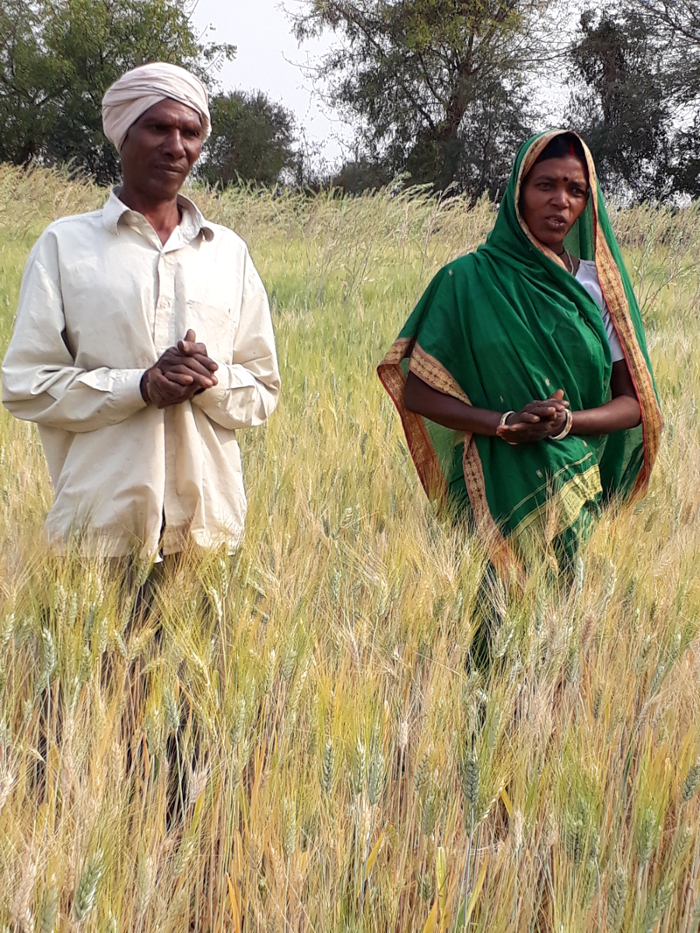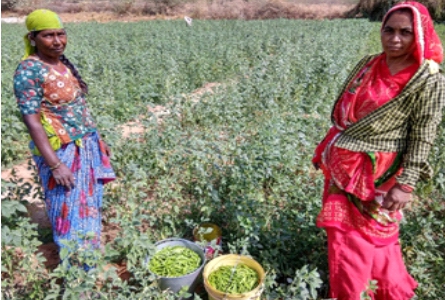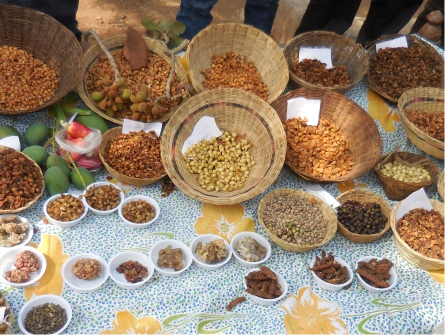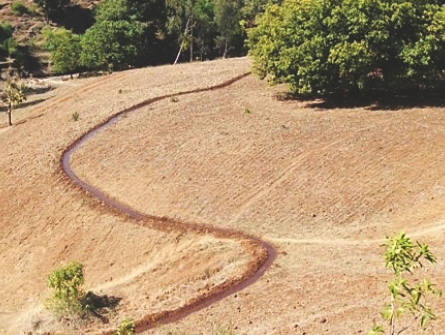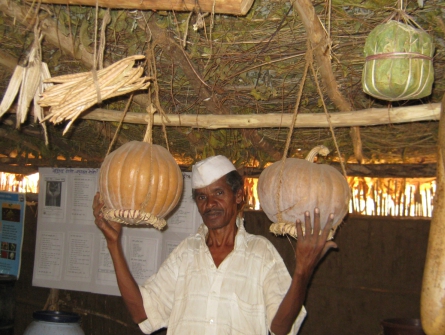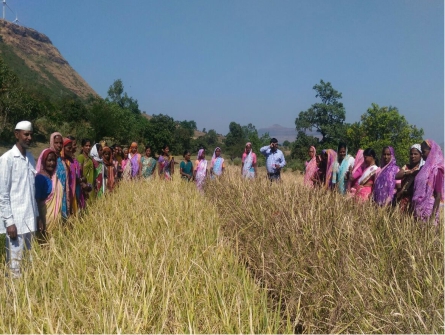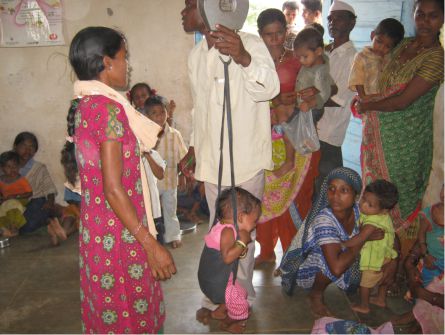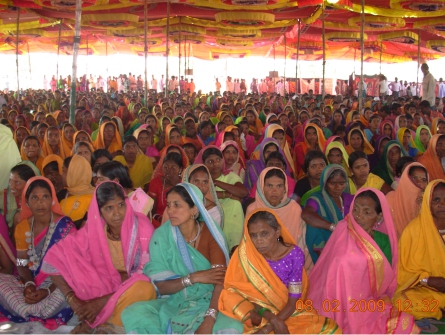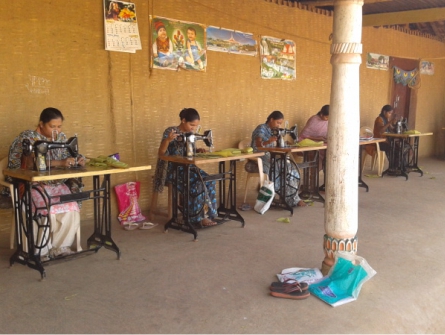Climate Resilience
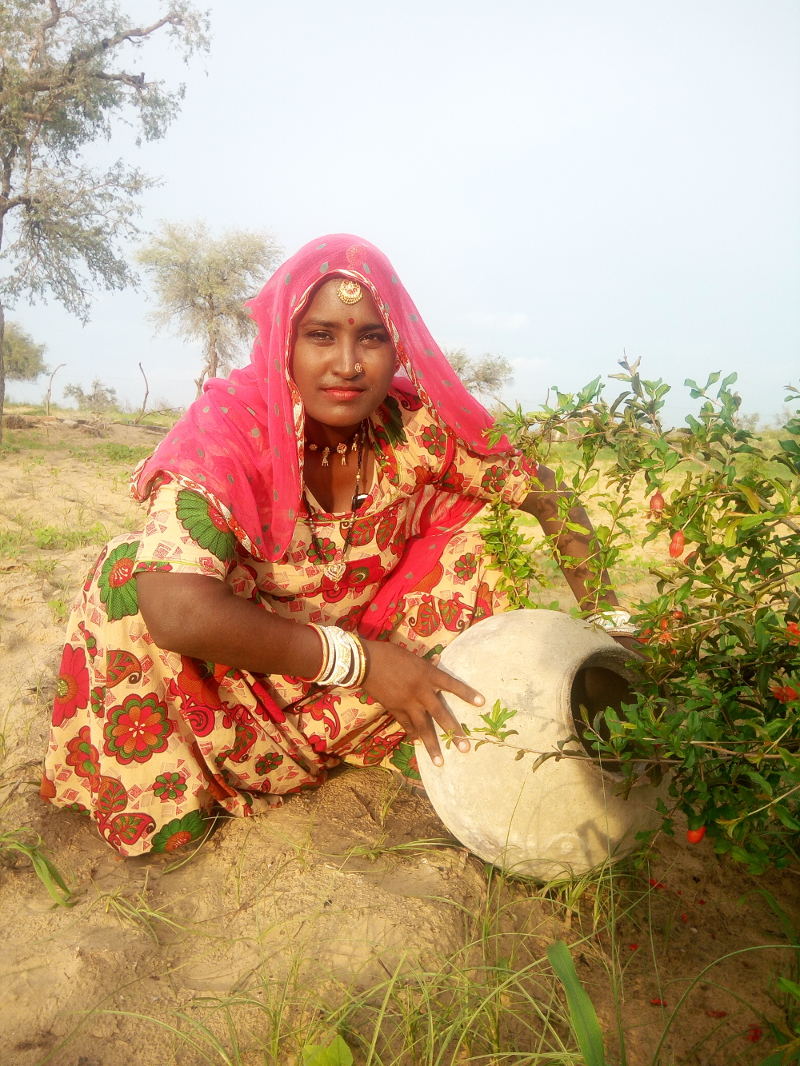
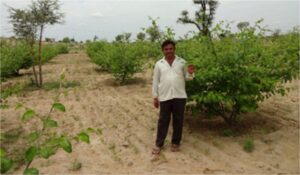
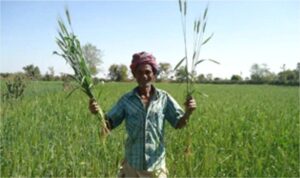

Climate change actions have been recently introduced as a required programme direction in the light of changing development context and emerging development threats. Field visits across India, revealed that these climatic variations can have profound influence on livelihood support systems and sectors on which rural communities depend and thus, a comprehensive programme was essential.
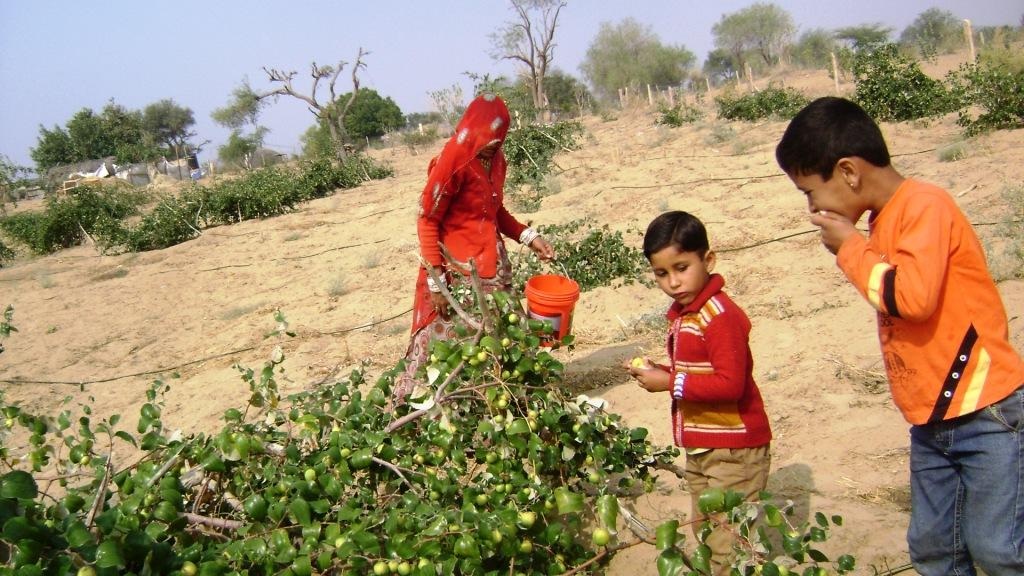
Based on these studies, various interventions were planned and introduced.
These included:
- Measures for improved soil health and soil-based carbon sequestration
- Introducing tree-based farming systems
- Climate resilient seed varieties and practices
- Judicious use of chemical fertilizers, adopting application of organic practices
- Livestock development through breed improvement, scientific management of livestock.
- Introducing climate-related agro weather advisories and insurance cover for farmers
A core interdisciplinary team is formed at BAIF to plan and implement required processes, practices and sectoral interventions as adaptation and mitigation measures to be integrated into on-going development programmes to increase the robustness and to build climate resilient livelihood support systems.
BAIF team has rolled out many new projects aimed at Climate Change Adaptation and Mitigation in 7 diverse states which include Maharashtra, Uttarakhand, Bihar, Uttar Pradesh, Madhya Pradesh, Karnataka and Rajasthan.
Biodiversity Conservation
Traditional Heritage Agriculture Systems (THAS)
A legacy of our rich history
Agriculture forms the main support system for a majority of the communities in rural India. It has evolved in the midst of diverse agro climatic conditions, flora and fauna and rich socio-cultural heritage. Over the course of several centuries, rural communities have evolved techniques and practices based on indigenous knowledge and skills using the available natural resources.
The cumulative efforts of many generations, have resulted in developing a repository of knowledge and practices. These heritage systems denote the biophysical, technical, social and cultural manifestations of the continually evolving relationship of the people with the land and nature replete with its bio diversity.
Traditional Heritage Agriculture Systems (THAS) includes work in Integrated Farming Systems with diverse multiple crops on farms and homesteads, diversion based irrigation systems, system of Bodi / Tank based irrigation, agro bio diversity-centric livelihood and seed saver groups.
A community led seed conservation model is in place with focus on food security, nutritional security, adaptability to climate change and livelihood generation. The approaches include in-situ conservation and ex-situ gene bank, community participation, indigenous knowledge, science and technology inputs and community ownership.
One-Health
Access to safe drinking water becomes all the more difficult in the dry months. Unsafe water from dug outs and drying streams, affects health, productivity and workload of individuals, especially women and children.
This is ensured by developing water resources such as springs, wells, borewells, rooftop harvesting and by introducing additional measures for water quality and testing and purification.
Various measures such as Ultrafiltration and RO plants have been introduced in communities and schools to ensure availability of potable drinking water. Basic health and hygiene needs are met by providing the rural communities with clean and safe drinking water and extending assistance for constructing toilets.
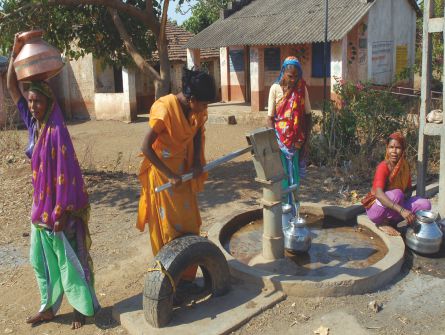
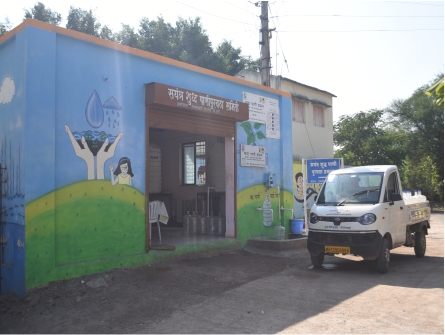
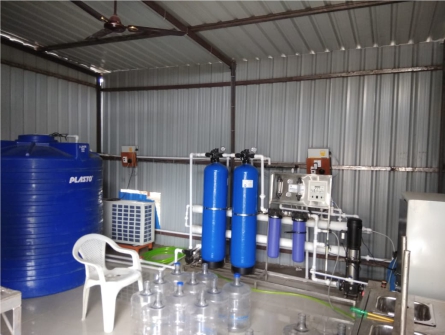
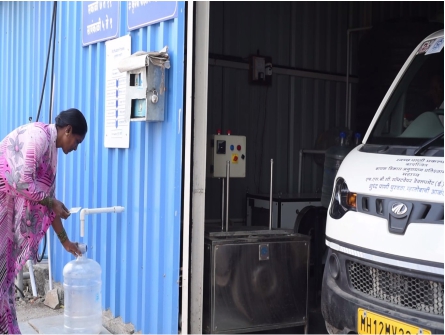
Community Health and Well-Being: Vital for Enhanced Quality of Life
Soulfood : Banishing Hunger and Malnutrition
In order to overcome the problems of lack of nutritious diet and specific micro-nutrient deficiencies, BAIF has established nutritious food corners “Nahari” and ensured distribution of special feed mix for children through the involvement of Self Help Groups.
Sanitation and Hygiene (WASH)
A clean abode: For and Around Us
Sanitation initiatives include developing awareness about hygiene and sanitation activities such as use of smokeless ‘chullah’ (cooking stove), ensuring adequate light and ventilation, construction of compost and vermin-compost pits and recycling of domestic garbage and waste-water.
Health is Wealth
Improved health is both a precondition as well as an outcome of sound economic development. Preventable health problems tell on the well being of an individual. Poor health can dent savings and push a poor family deeper into poverty.
BAIF recognized this and took up various measures to improve community health resulting in improved quality of life for the rural poor.
Traditional healers make use of improved techniques while addressing the health problems of the rural and tribal communities.

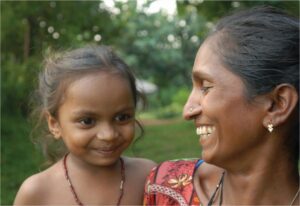
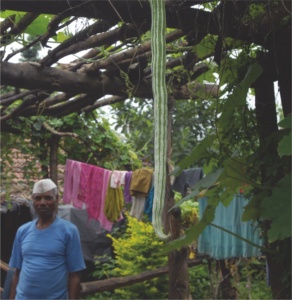
Gender Concerns
Women Empowerment through various Thematic Programmes
Empowering the Hand that Rocks the Cradle: and the World…
Breaking Patriarchal Barriers – through an Inclusive Approach
Given the patriarchal backdrop prevailing in most Indian rural contexts, and the key role played by women in socio economic development, BAIF has adopted an inclusive approach by integrating women in all its development programmes.
Capacity building, micro enterprises and livelihood enhancement activities are carried out through the SHGs.
Gender sensitivity and special efforts for the involvement of women ensures their participation at the community level and enables them to act as agents of change.
Improved stoves, biogas, solar devices and energy plantations have helped to banish drudgery from the lives of poor rural women.
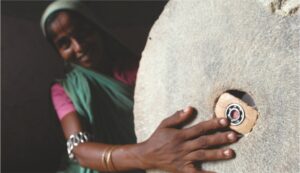
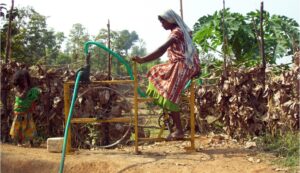
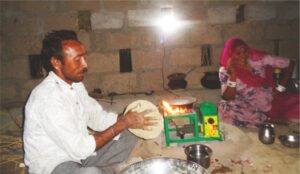

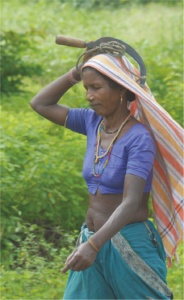

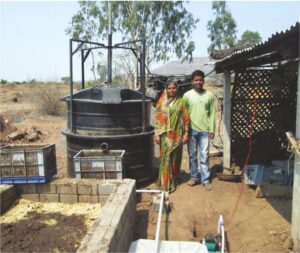
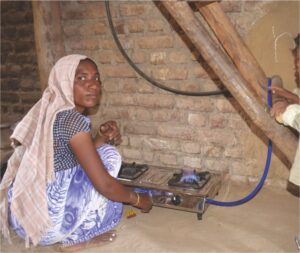
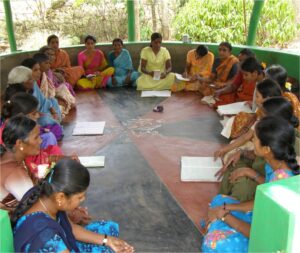
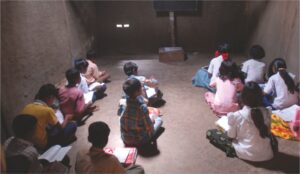
BAIF’s programmes
have been implemented,
increased from 24% to 54%.
People’s Organisations
Helping small-holders move up the value chain
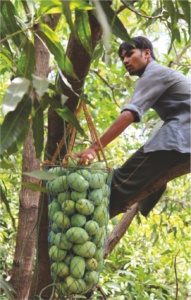
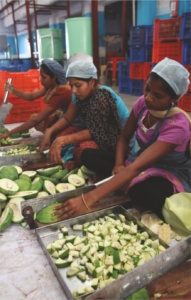
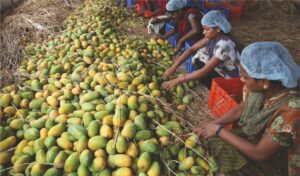
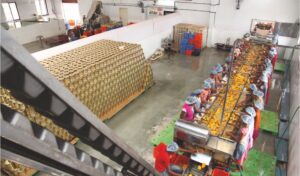
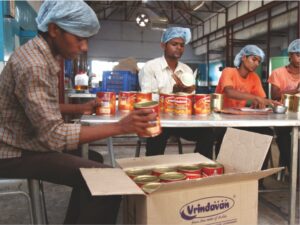
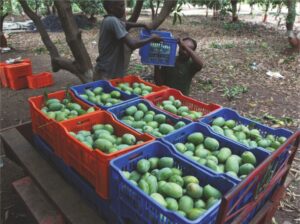
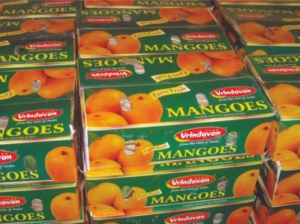
People’s Organisations provide the key to sustainable rural development. These organisations have been established in all the programmes to ensure sustainability of the programme and its smooth transition from donor-based support to the ultimate responsibility of the community to take over the smooth implementation of the programme with confidence. Apart from Common Interest Groups (CIGs) and Self Help Groups (SHGs), a number of their federations are nurtured.
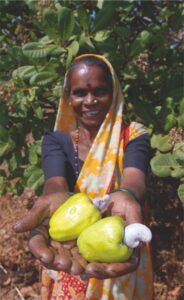
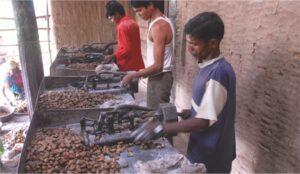
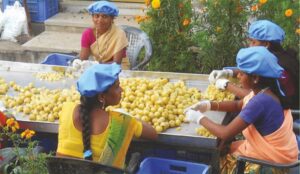
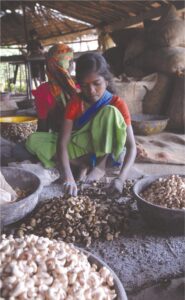
As part of this effort, many Farmer Producer Organisations (FPOs) have been set up to take up work in value chains of various farm produce such as mango cashew, amla, vegetables and flowers.These interventions have helped farmers to move up the value chain through aggregation, market linkages for fresh produce, warehousing and processing.
The FPOs working on value chains, have been federated into a second-tier Farmer Producer Company – VAPCOL, which supports the member FPOs to link to financial institutions and access markets for fresh produce and various derivatives.
More details on VAPCOL, products marketed and ordering procedures can be accessed at www.vrindavan.co.in
Enterprise Promotion
Potential enterprise ideas covering backward and forward linkages to agricultural production and introducing new technology products such as solar equipment, technology/information-based services, are being introduced through various programmes as rural enterprises.
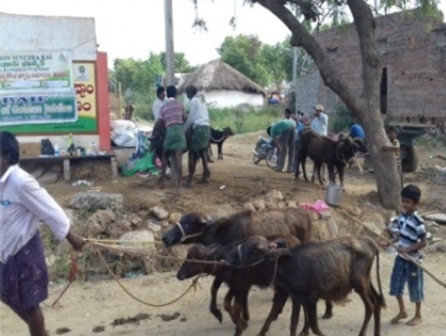
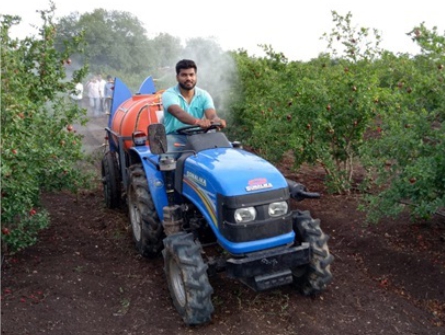
Knowledge – Action Nexus :
Research for Development
The core building blocks of the BAIF approach are centered around livestock development, climate resilient farming systems, natural resources management, community health and well-being.
The necessary back-end support structures viz: Research and Capacity Building required to fortify these core building blocks, were also put into place simultaneously.
A scientific approach combined with a simultaneous process that seeks community inputs and participation, has been the hallmark of the BAIF Approach.
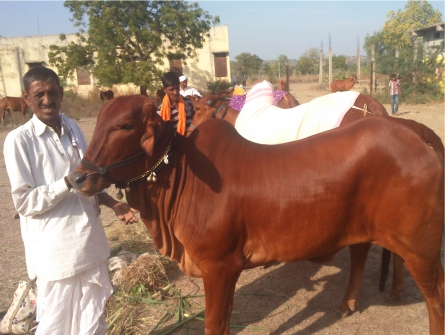
Genetic improvement of native breeds
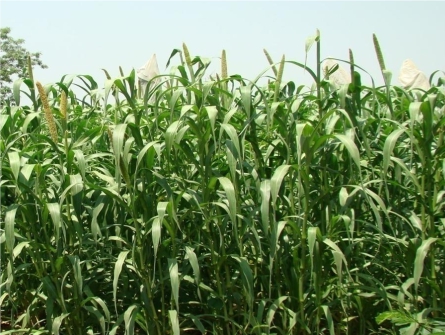
BAIF Bajra-1
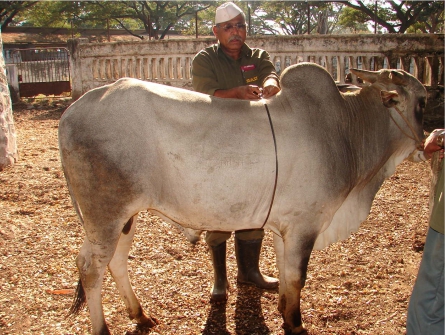
Body line measurement
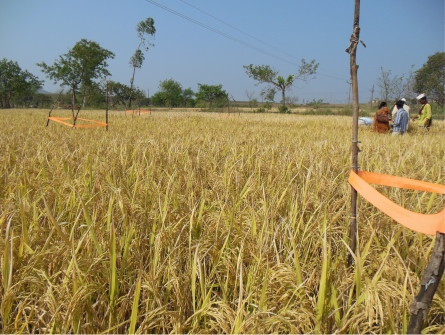
Involvement of farmers in on-farm research
“Development without Research is outdated
and Research without Development is academic.
The two must go together as two sides of the same coin.”
– Manibhai Desai

